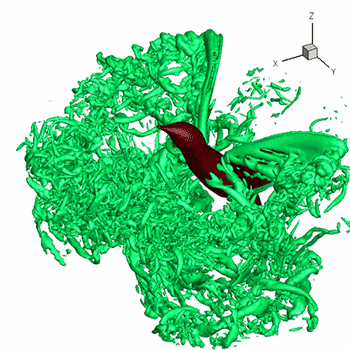How do you use the rational roots theorem to find all possible zeros of #f(x)=3x^3-x^2+3x-1#?
1 Answer
Dec 4, 2016
The possible zeros are
Explanation:
Find all the possible zeros of
The rational roots (or rational zeros) theorem states that if the polynomial has integer coefficients, the POSSIBLE roots(zeros) are the factors of the constant term divided by the factors of the leading coefficient.
Sometimes the factors of the constant term are referred to as "p" and the factors of the leading coefficient are referred to as "q". Then the possible zeros are given by
In this example, the constant term
The leading coefficient

